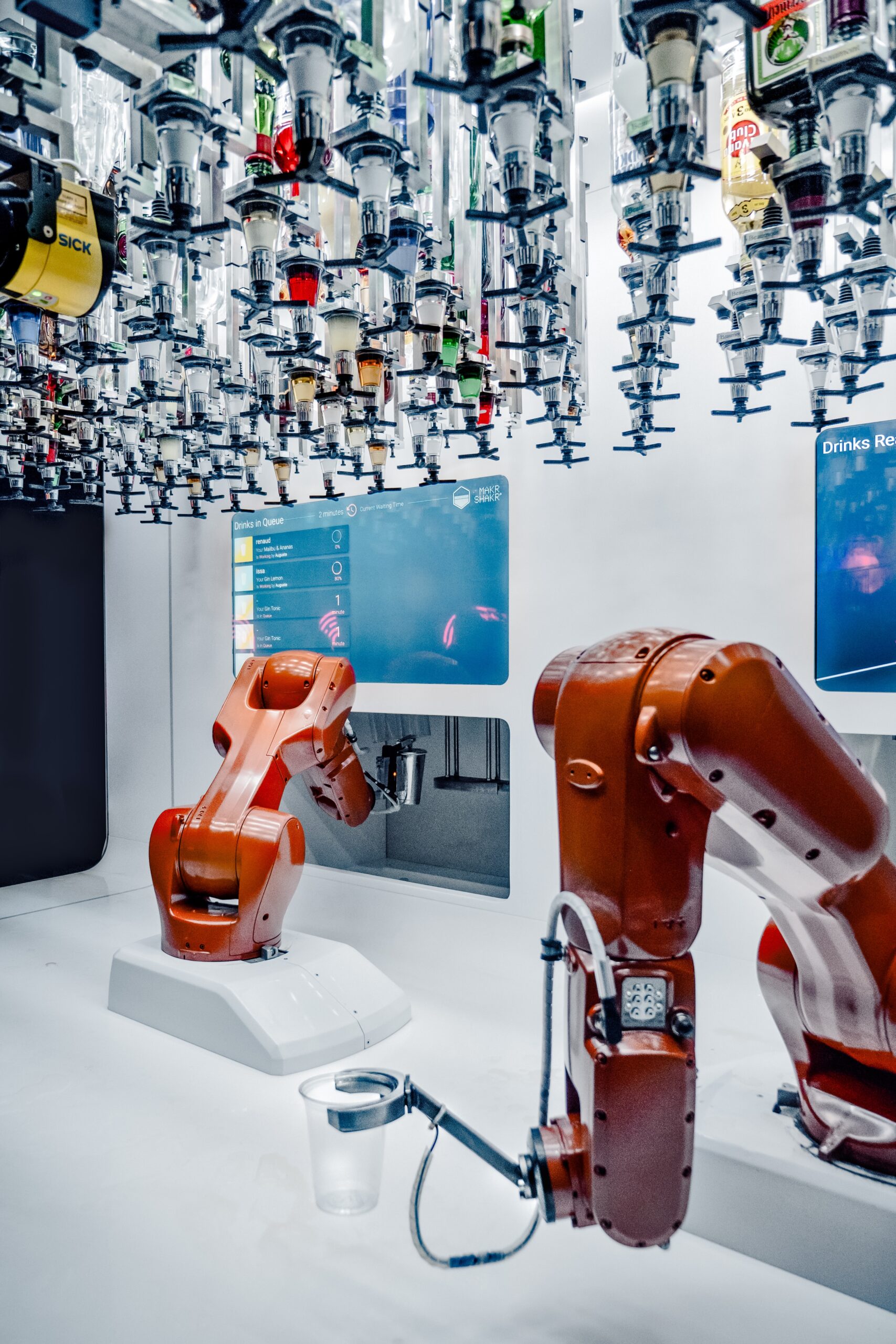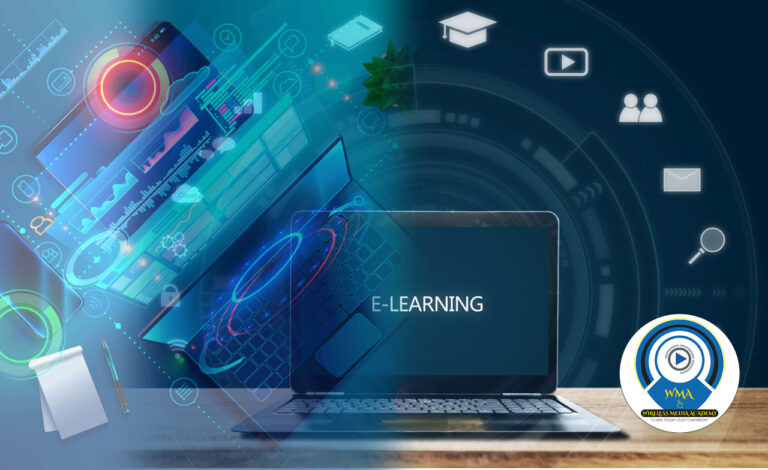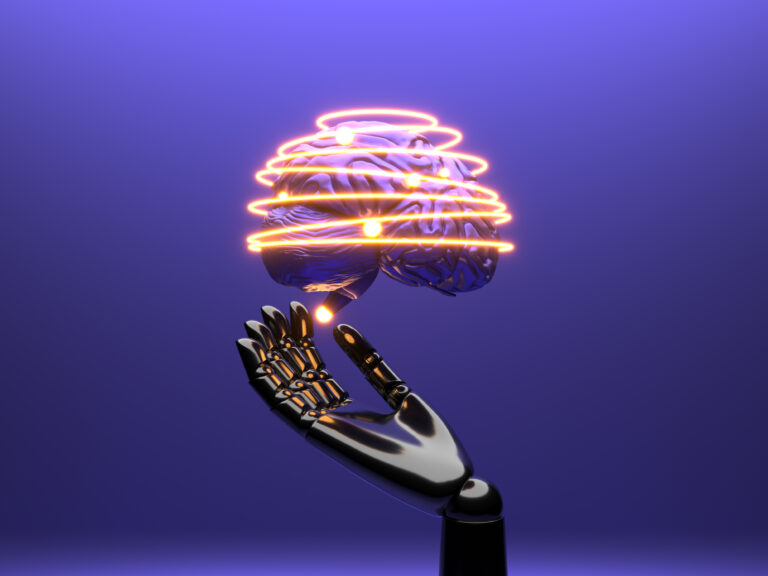What’s machine learning and its part in AI?
In the area of artificial intelligence, one term that constantly takes the spotlight is” machine knowledge.” It’s a buzzword that has gained significant traction in recent times, but what exactly is machine knowledge, and how does it fit into the grand scheme of AI? In this blog, we will clarify the generality of machine knowledge and explore its necessary part in the world of artificial intelligence.

Defining Machine Learning
At its core, machine knowledge is a subset of artificial intelligence that empowers computers to learn from data and meliorate their performance on a task without being explicitly programmed. In traditional programming, humans give specific instructions to computers on how to perform a task. Still, machine knowledge takes a different approach. Rather of furnishing specific instructions, it allows computers to learn from experience.
Imagine training a computer to recognize felines in images. In a traditional programming approach, you might write rules like” look for sharp cognizance, a furry body, and a tail.” This system can be clumsy, as it’s nearly impossible to anticipate every possible variation of a cat’s appearance. Machine knowledge, on the other hand, would involve feeding the computer thousands of images of felines andnon- felines, allowing it to discern patterns and features that distinguish felines from other objects. Over time, the computer becomes complete at recognizing felines in new, unseen images.
The factors of Machine Learning
Machine knowledge consists of three fundamental factors
Data Data is the lifeblood of machine knowledge. It serves as the input that allows algorithms to learn and make prognostications. High- quality, different data is vital for training effective machine knowledge models.
Algorithms These are the fine and statistical models that exercise the data, identify patterns, and make prognostications or opinions. There are various algorithms, each suited to different types of tasks, from image recognition to natural language processing.
Feedback Loop Machine knowledge models meliorate with feedback. As they make prognostications or opinions, the issues are compared to the factual results, and the model adjusts its parameters to minimize crimes. This iterative process is known as training.
Machine knowledge in Everyday Life
Machine knowledge is not a generality confined to disquisition labs or tech elephants . It has sweat our day-to-day lives in ways we may not indeed realize. also are a numerous samples
- Recommendations Online platforms like Netflix and Amazon use machine knowledge to suggest filmland, products, and content predicated on your history preferences and conduct.
- Spam Filtering Dispatch providers use machine knowledge to identify and filter out spam emails by assaying the content and sender behavior.
- Virtual assistants Voice- controlled virtual assistants like Siri and Alexa influence machine knowledge to understand and respond to natural language queries.
- Healthcare Machine knowledge is used for complaint opinion, drug discovery, and predicting patient issues predicated on medical data.
- Financial Services Banks employ machine knowledge for fraud discovery, credit scoring, and investment prognostications.
Machine knowledge’s part in AI
Now that we’ve grasped the substance of machine knowledge, let’s explore its integral part in artificial intelligence. AI aims to produce intelligent systems that can perform tasks taking mortal- alike intelligence. Machine knowledge is the driving force that enables AI systems to learn, adapt, and make opinions autonomously.
In the terrain of AI, machine knowledge acts as the machine that powers the system’s capability to
- Learn from Data AI systems acquire knowledge and chops from large datasets, enabling them to perform tasks they weren’t explicitly programmed for.
- adapt to New Information Machine knowledge models can adapt to new data, making them versatile and suitable of handling evolving scripts.
- Make prognostications AI systems, powered by machine knowledge, can make prognostications and opinions predicated on patterns and receptivity derived from data.
- meliorate Over Time With continuous knowledge and feedback circles, AI systems come increasingly complete in their tasks.
In substance, machine knowledge is the ground that transforms static AI systems into dynamic, learning realities. It’s the reason AI- powered chatbots can hold realistic exchanges, tone- driving motorcars can navigate complex surroundings, and recommendation systems can anticipate your preferences.
In conclusion, machine knowledge is a vital element of artificial intelligence that enables computers to learn, adapt, and make opinions predicated on data. Its part in AI is fundamental, driving advancements in various fields and making AI a ubiquitous part of our lives. As machine knowledge continues to evolve, we can anticipate indeed more remarkable operations and inventions that will shape the future of artificial intelligence










